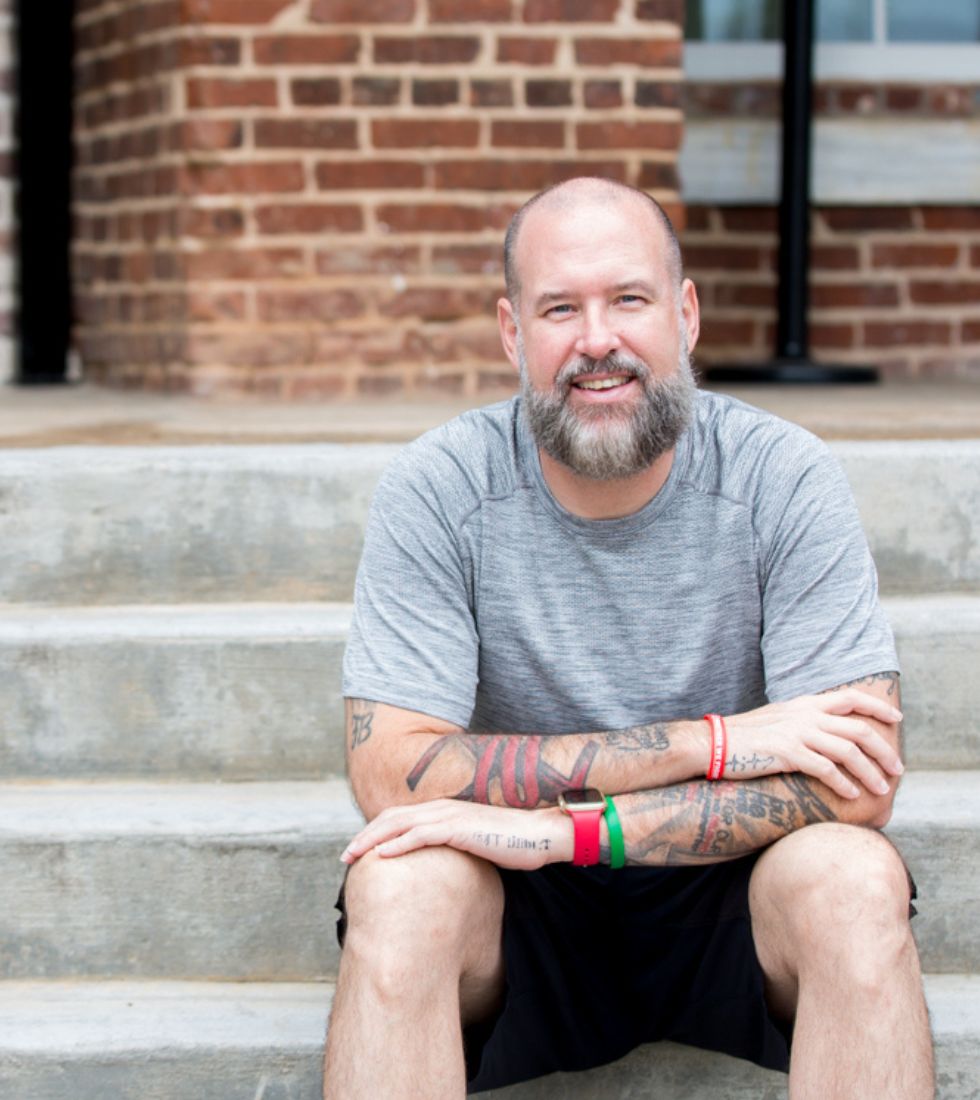Understanding the Dynamics of a Codependent Friendship: Recognizing the Signs and Solutions
In the beautiful tapestry of our lives, friends play a significant role. They become our confidants, share moments of joy, and provide comfort in challenging times. They navigate with us through the peaks and valleys of life. However, the reality is that not all friendships are beneficial, with some even becoming codependent. In this article, we’ll explore how to identify a codependent friendship and how to handle it.
When you demonstrate codependent traits, such as seeking self-worth from constant caregiving or putting others’ needs above yours, your friendships may also show signs of codependency. Spotting a codependent friendship can be challenging initially, as these relationships often build a sense of necessity and connection. But, living your life entirely based on a friend’s wants and needs can lead to long-term harm.
Decoding the Line Between Friendship and Codependency
Lucy and Jasmine’s story is a classic example of a friendship that developed into a codependent relationship. While Jasmine initially found fulfillment in helping Lucy navigate her divorce, their friendship became increasingly lopsided over time. Jasmine’s constant attention and sacrifice for Lucy’s never-ending problems consumed her time and emotional resources. Despite clear signs and external comments, Jasmine denied the imbalance in their friendship.
Key Indicators of a Codependent Friendship
If you’re wondering, “Is my friendship codependent?” Here are some warning signs that you might be in a codependent friendship:
- Feeling guilty when you decline a request or participate in activities without your friend.
- Prioritizing your friend’s desires over yours.
- Sacrificing other relationships, family time, hobbies, or interests for your friend.
- Feeling obligated to solve her problems.
- Feeling jealous if your friend interacts with others.
- Worrying constantly about your friend’s well-being.
- Taking on your friend’s issues as your own.
- Feeling stressed if communication is absent or you don’t know what’s happening in your friend’s life.
Codependent friendships often start as rewarding relationships due to the deep connection and feeling of being needed. However, as time passes, such relationships can become draining, with signs like difficulty expressing personal feelings, reluctance to share personal issues and feelings of resentment creeping in.
Nurturing Healthier Bonds: Steps to Handle a Codependent Friendship
Healthy friendships should cater to the needs of both parties involved. If you’re continuously giving without receiving equivalent support or respect, it’s a clear sign that you may be in a codependent friendship. It’s crucial to understand that while it’s natural to help friends, continuous involvement can foster unhealthy dependency.
Here’s how to handle a codependent friendship:
- Assess what you gain and sacrifice in the friendship.
- Express your feelings honestly, as a real friend will value your sentiments.
- Interact with other friends and family members since no single person can meet all your needs.
- Establish your boundaries, making clear what you can and cannot do.
- Prioritize self-care and engage in activities that promote personal growth.
- Stay true to your goals and values, and refrain from compromising them for someone else’s happiness.
- Offer emotional support rather than trying to solve all your friend’s problems.
- Voice your needs, as asking for what you want is completely acceptable.
Many codependent friendships can be transformed into healthier relationships with an effort from both sides. However, if the friend fails to acknowledge their part in the issue or is unwilling to change, it might be best to part ways. Friendship should be an exchange of mutual benefits, not a one-way street. If you find yourself constantly giving, it’s essential to reassess your friendship and ensure it isn’t a codependent relationship that centers around satisfying your friend’s needs.
In conclusion, recognizing and dealing with codependent friendships is crucial to maintaining healthy relationships. Remember these signs and solutions to ensure that your friendships continue to be a source of joy, comfort, and mutual support.

Somatic coach (therapist) in Canton, GA, and Worldwide Life Coach dedicated to inspiring and assisting people worldwide through candid conversations about anxiety. Having personally battled general anxiety, panic disorder, and OCD, I understand the daily challenges those grappling with anxiety face. My journey involved searching for the right therapist, medication, and natural supplements and undergoing various tests. It was only after deciding to reclaim my life that I finally overcame anxiety’s hold. I’m passionate about helping others conquer their struggles and discover their life purpose.

